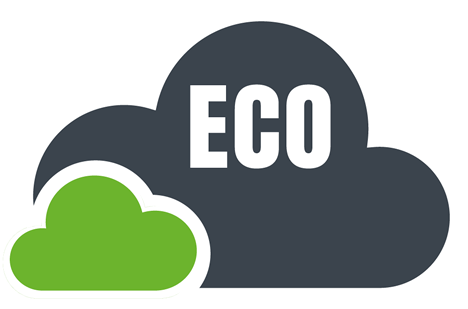ESG vs CSR vs Sustainability – What’s the difference?
The role of business in society has garnered significant attention in recent years. Companies are taking proactive steps to enhance their impact on local communities and the environment.
Key frameworks guiding these efforts include Environmental, Social, and Governance (ESG), Sustainability, and Corporate Social Responsibility (CSR) policies. These frameworks not only shape business conduct but also communicate an organisation’s values, objectives, and potential risks to the public.
Differentiating ESG, CSR, and Sustainability
While these terms are sometimes used interchangeably, it’s important to note that they are not synonymous. They share common goals of enhancing business practices for profitability and maintaining positive relations with stakeholders like customers, regulators, and investors.
ESG
ESG encompasses environmental, social, and governance dimensions. These factors influence an organisation’s long-term stability, behaviour, and financial performance. Environmental aspects involve reducing carbon emissions, waste management, and resource conservation (e.g., water and energy). Social considerations include diversity, equity, and customer-centric approaches. Governance pertains to organisational structure, transparency, and accountability. Integrating ESG practices motivates companies to align sustainability with strategic management, evaluating adherence to set CSR and sustainability objectives.
CSR
CSR encompasses the environmental, economic, and social facets of a company’s operations, policies, and decision-making. It forms a crucial pillar of corporate culture and offers stakeholders insights into a company’s values. CSR is typically self-regulated and varies widely among organizations. It signifies a company’s commitment to societal welfare, providing context to the broader sustainability agenda.
Sustainability
Sustainability is assessed across three main areas:
- Biodiversity preservation
- Carbon reduction and addressing climate change
- Achieving sustainable development goals
Determining if a business is truly sustainable raises important questions. Defining sustainability is a challenge, which led to the emergence of ESG. Financial institutions recognize the imperative of safeguarding the environment and upholding high social standards for sustained financial success.
Key Differentiators: CSR, ESG, and Sustainability
CSR vs. ESG
- CSR emphasizes accountability, whereas ESG quantifies accountability efforts.
- CSR reveals company values, while ESG aids consumers and investors in choosing organizations to support.
ESG vs. Sustainability
- ESG focuses on stakeholders, identity, and decision-making, while sustainability addresses the relationship between a company and the environment.
- ESG aids external investors, while sustainability supports internal capital investment efforts.
In summary, ESG examines how the world affects a business, while sustainability centers on how a business impacts the world.
In conclusion, CSR, ESG, and Sustainability are strategic imperatives for businesses. While these terms overlap, they also bear crucial distinctions in approach, prioritization, and measurement.

